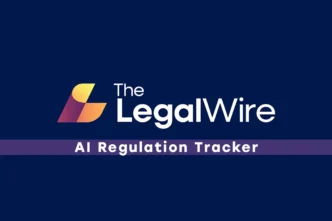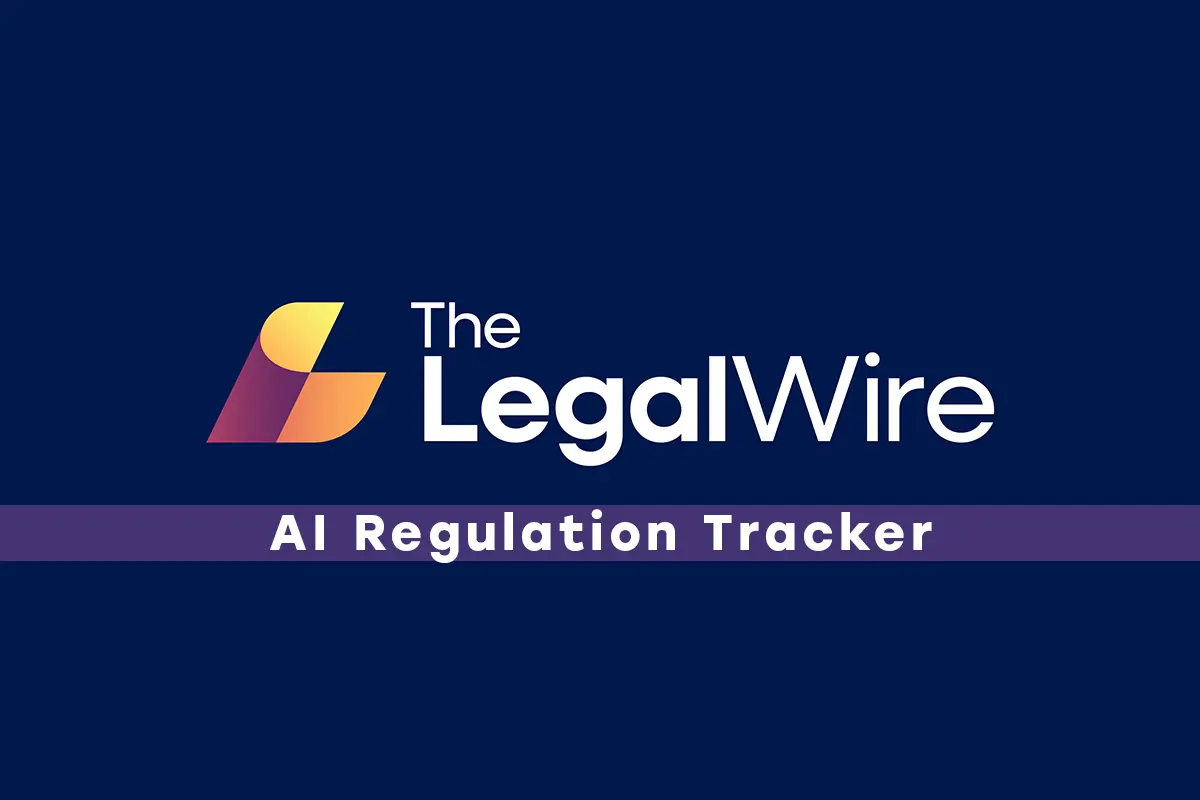The Cyberspace Administration of China (CAC) has summoned Nvidia, requesting that the company explain the backdoor security risks associated with its H20 computing chips sold to China and submit relevant supporting documentation. The CAC cited provisions in the country’s Cybersecurity Law, Data Security Law, and Personal Information Protection Law as the legal basis for the intervention in response to concerns of mature “tracking and positioning” and “remote shutdown” technologies in the chips. The statement presumably comes in response to the introduction of the Chip Security Act in the US, which calls for mandatory GPS-style tracking to be embedded in every AI chip exported from the US.
Click here for the official article/release
Disclaimer
The Legal Wire takes all necessary precautions to ensure that the materials, information, and documents on its website, including but not limited to articles, newsletters, reports, and blogs (“Materials”), are accurate and complete. Nevertheless, these Materials are intended solely for general informational purposes and do not constitute legal advice. They may not necessarily reflect the current laws or regulations. The Materials should not be interpreted as legal advice on any specific matter. Furthermore, the content and interpretation of the Materials and the laws discussed within are subject to change.






